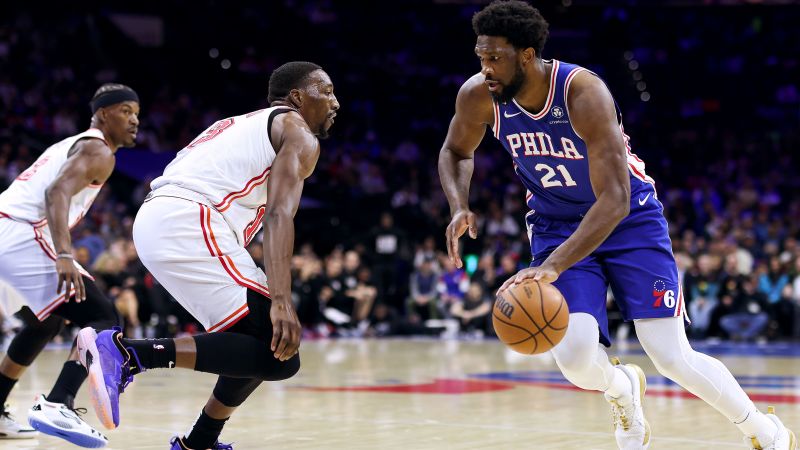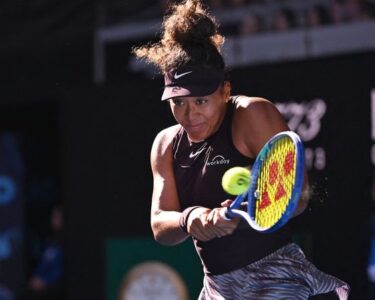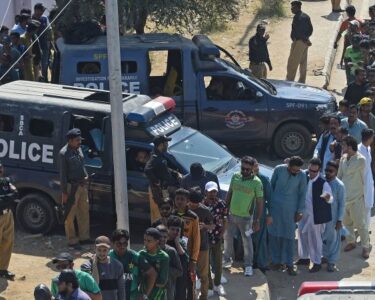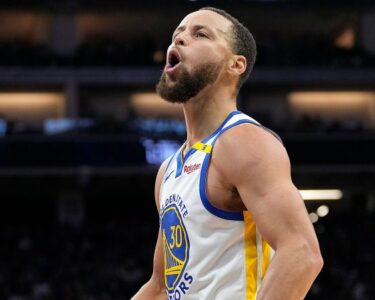CNN
—
March 11 marked the start of the Basketball Africa League, the continent’s premier basketball competition. Ahead of its third season, president Amadou Gallo Fall reflected on the rise of the sport on the continent. “It’s been an evolutive journey,” he said.
This year’s competition will be held over three months, starting in Senegal’s capital, and Fall’s hometown, Dakar, and will feature 12 teams from across Africa
Launched in 2019 as a partnership between the NBA and the International Basketball Federation, the inaugural BAL season was postponed as a result of the Covid pandemic, finally taking place in 2021. It was the culmination of the work Fall has been doing for almost a quarter century.
Read: ‘This is a dream’: Burna Boy, Afrobeats stars take center stage at the NBA All-Star game
In 1998, while studying in the US on a basketball scholarship, Fall founded the SEED Project (Sports for Education and Economic Development) – a non-profit that uses basketball as a platform to engage youth in academic, athletic and leadership programs. He was later involved in the NBA’s Basketball Without Borders program, which develops players from outside the US, and the opening of the NBA Africa office in 2010.
“All the programs that we’ve launched … are the milestones that ultimately led to the Basketball Africa League,” Fall said.
<div data-uri="archive.cms.cnn.com/_components/video-resource/instances/h_03fa79e491a698d3a9a559cbb7a04cd7-h_d90792be0427956f104cb65586d974c0-paragraph_9221252F-258D-2D3C-7E36-E4757C2B2BDD@published" data-component-name="video-resource" data-editable="settings" class="video-resource" data-video-id="world/2023/03/13/african-voices-pascal-siakam-christian-koloko-bismack-biyombo-clarisse-machanguana-basketball-nba-wnba-intl-spc.cnn" data-live="" data-analytics-aggregate-events="true" data-custom-experience="" data-asset-type="" data-medium-env="prod" data-autostart="false" data-show-ads="true" data-source="CNN" data-featured-video="true" data-headline="African basketball stars pave the way for young athletes" data-description="Pascal Siakam, Christian Koloko, Bismack Biyombo and Clarisse Machanguana share how they made it from their home countries of Cameroon, the Democratic Republic of Congo, and Mozambique to play professional basketball in the NBA and WNBA. " data-duration="23:02" data-source-html='<span class="video-resource__source"> – Source:
<a href="https://www.cnn.com/" class="video-resource__source-url">CNN</a>
</span>' data-fave-thumbnails='{"big": { "uri": "https://media.cnn.com/api/v1/images/stellar/prod/230313154215-pascal-siakam-1-african-voices-screengrab.jpg?c=16×9&q=h_540,w_960,c_fill" }, "small": { "uri": "https://media.cnn.com/api/v1/images/stellar/prod/230313154215-pascal-siakam-1-african-voices-screengrab.jpg?c=16×9&q=h_540,w_960,c_fill" } }' data-vr-video="" data-show-html="” data-check-event-based-preview=”” data-network-id=”” data-details=””>
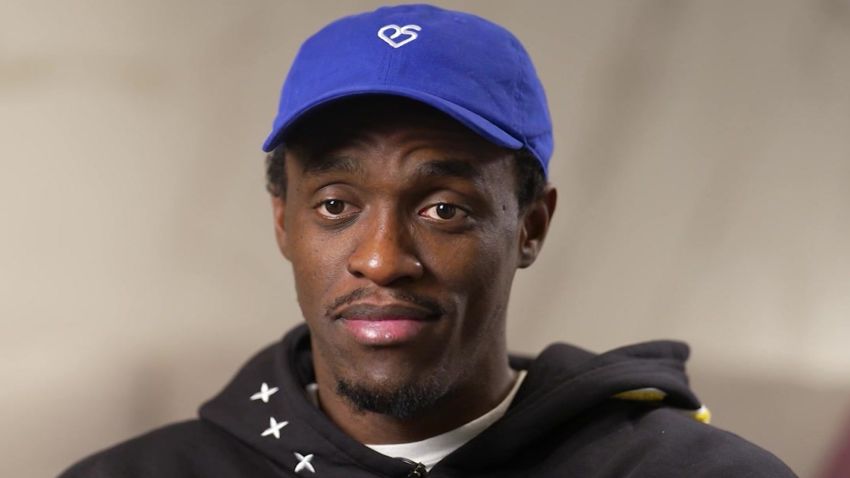
23:02
– Source:
CNN
Those initiatives are helping to introduce more young Africans to the sport, and giving them an opportunity to pursue a basketball career on the continent.
“The best will always, hopefully, get to the NBA and that’s what we want. But if they don’t make it to the NBA, we want to make sure their next best choice is right here,” Fall adds.
African talent in the NBA
At the start of the 2022-2023 season, NBA rosters included 16 players born in Africa, while 35 players had at least one African parent.
When the Toronto Raptors faced the Philadelphia 76ers last October, it was the first time an NBA court had been shared by three players from Cameroon: Joel Embiid, Pascal Siakam and Christian Koloko, who have all taken part in the Basketball Without Borders camp.
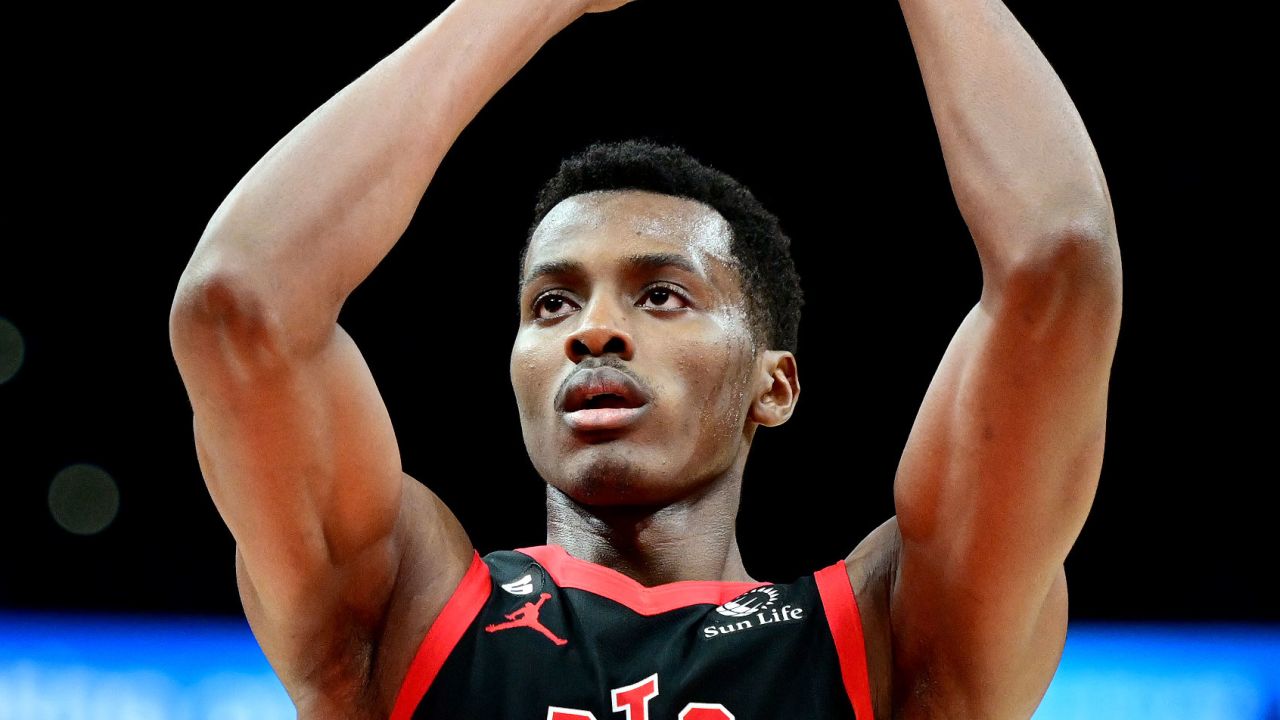
It was a historic moment for African basketball and for Koloko, the Raptors rookie center.
“It was one of my first games in the NBA,” he recalled. “I was like wow; we really have three Cameroonians at the same time. Embiid was one of my favorite players (growing up),” he says.
That admiration is shared by others. Embiid was voted the third most likely player to win the MVP award this year, as part of an NBA survey of the league’s general managers.
Raptors president Masai Ujiri was raised in Nigeria and in 2010 became the first African general manager in US professional sports when he joined the Denver Nuggets. He joined the Raptors in 2013 and won the NBA championship with them in 2019. The team’s current roster features eight Africans – more than any team in the NBA.
Ujiri believes that, as the only NBA team based outside the US, it has a unique opportunity. “I think Toronto is global. We’re a team of the world,” he says.
Nonetheless, he is working to grow the game in his home continent. His Giants of Africa non-profit has hosted basketball camps for more than 5,000 children in 16 African countries since 2003 – and he is currently on a mission to build 100 basketball courts across the continent.
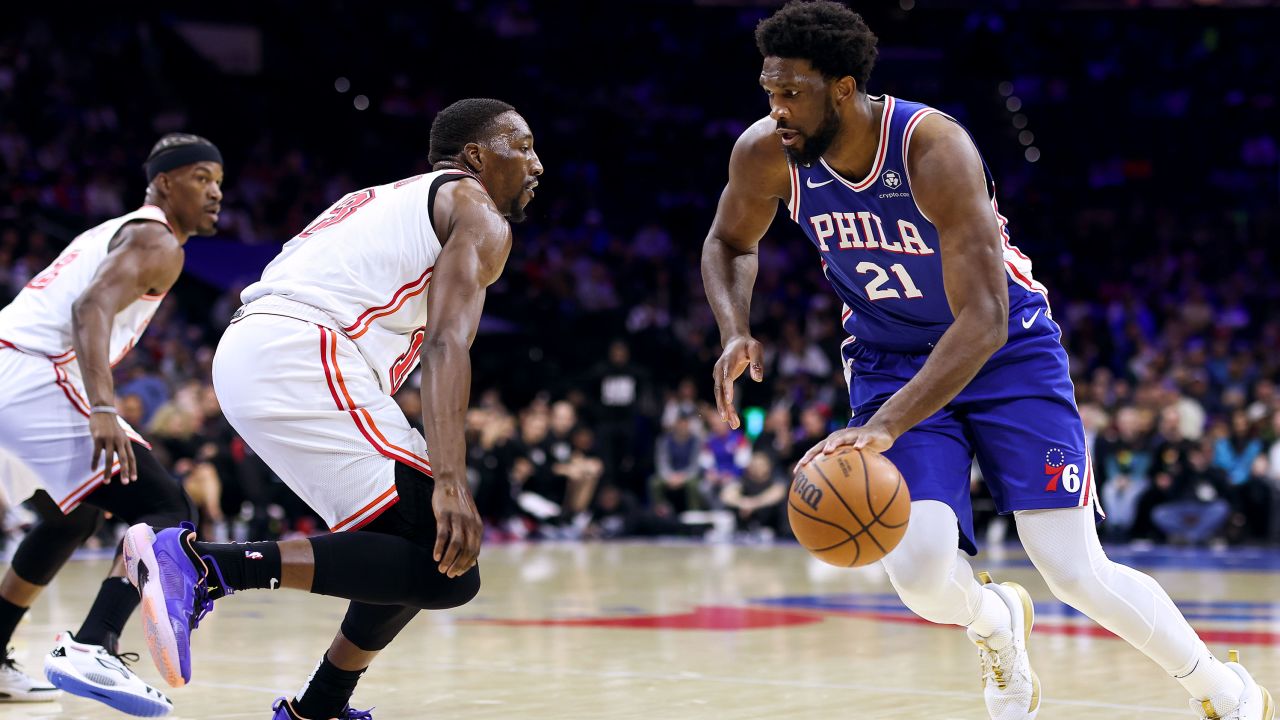
It ties in with efforts in the NBA and BAL to create an ecosystem to foster talent at in Africa. The rosters for this season’s 12 BAL teams will include 12 players from the NBA Academy Africa, an elite basketball training center in Saly, Senegal,
Raptors Cameroonian forward Siakam believes the future is bright for African talent. “We all know that this is something incredible that we are achieving,” he says. “At the end of the day Africa is winning.”
Look through the gallery above to see some of the NBA’s African stars.
Correction: The story has been updated to more accurately reflect international players in the NBA and personal details regarding Masai Ujiri.


